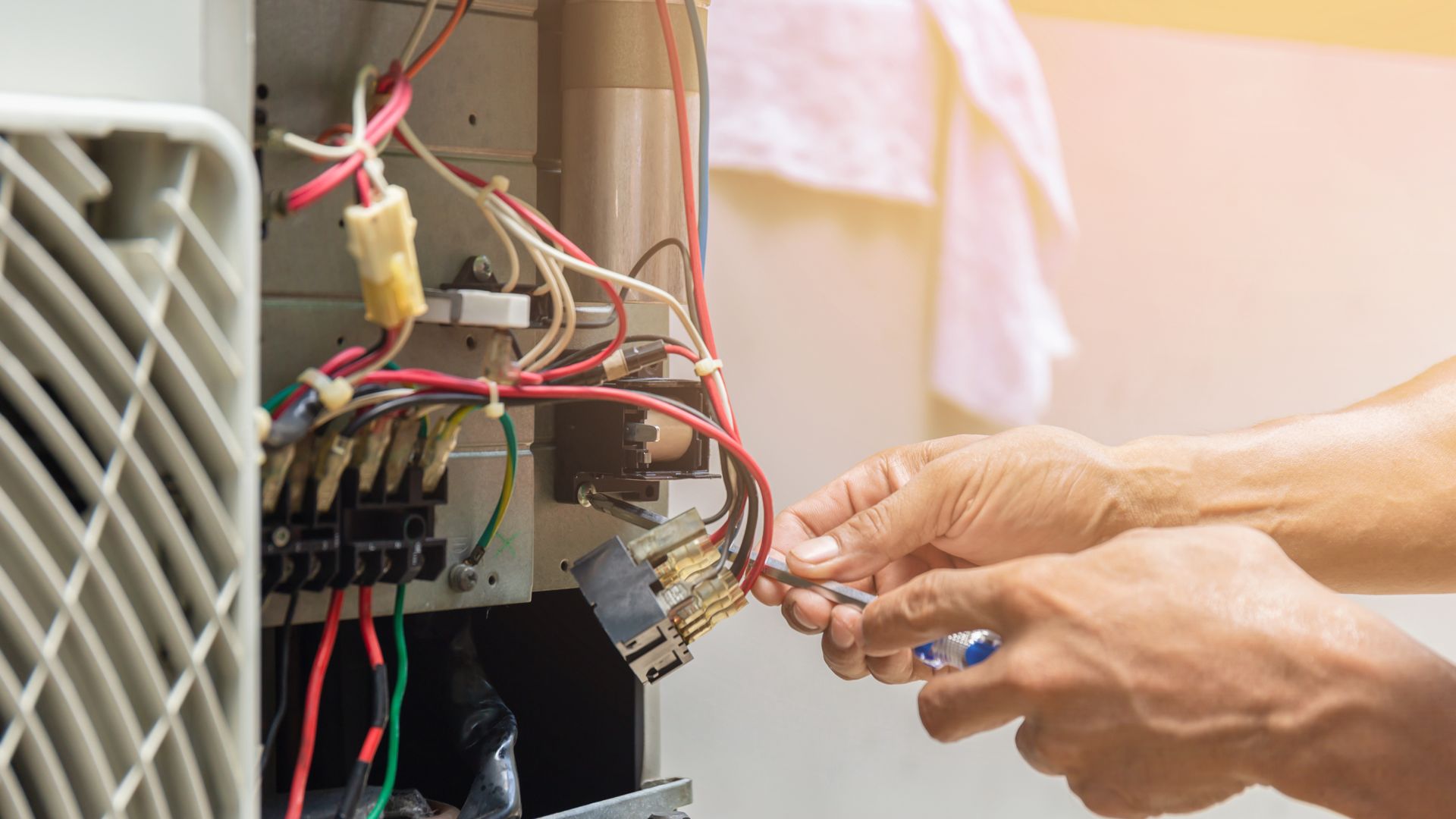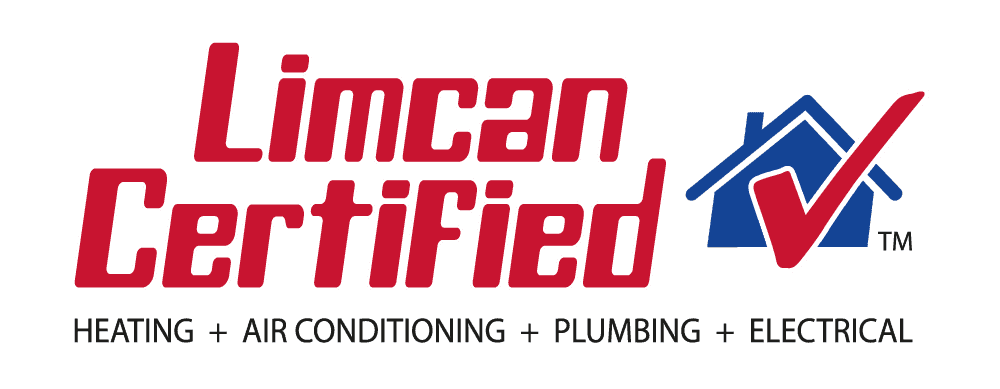The question of whether heat pumps genuinely live up to their reputation as energy-efficient systems is critical for homeowners looking for low-cost, environmentally conscious options for home heating and cooling solutions. And as a certified HVAC company proudly serving the Whitby community and surrounding neighbourhoods, whether heat pumps are energy efficient or not is a question we often receive from homeowners looking to upgrade their interior comfort.
Therefore, the team at Limcan Certified Heating and Air Conditioning has put together this post, so homeowners can get a better idea about what energy efficiency is and how it relates to this type of HVAC unit. As such, if you want to learn more about heat pumps, keep reading!
What Is the Meaning of “Energy Efficiency?”
The capability of an instrument, system, or procedure to use energy successfully while reducing energy waste is referred to as energy efficiency. It quantifies how effectively energy is transformed into productive output or work. Simply put, energy efficiency is the usage of as little energy as conceivable to produce the desired result.
An energy-efficient appliance or system aims to maximize outcomes while consuming the least amount of energy. This can be completed through an assortment of methods, including cutting-edge technology, improved insulation, enhanced designs, and smart controls. Energy-efficient solutions help lower energy costs, reduce emissions of greenhouse gases, and contribute to environmental initiatives by reducing energy waste. Ultimately, it is a critical component of promoting responsible energy usage and conservation to create a more sustainable and environmentally friendly future.
Is a Heat Pump More Energy-Efficient?
Yes, heat pumps are more energy-efficient than conventional heating and cooling systems. This is why:
Heat pumps essentially move heat from one spot to another rather than producing heat through combustion processes that create greenhouse gases. They remove heat from the outdoor air and transfer it indoors for heating. The process is reversed in the cooling phase, and heat is taken away from the indoor air and released outside.
A heat pump's energy efficiency is determined by its coefficient of performance (COP), which is the ratio of the produced heat to power input. In other words, the greater the COP, the more efficient the heat pump will be. When compared to other HVAC heating systems, such as furnaces or boilers, heat pumps usually feature greater COP values. This is because heat pumps use electricity to transport heat rather than produce it, resulting in substantial energy savings. The precise COP of a heat pump is determined by factors such as model, design, as well as operational circumstances.
The ability of heat pumps to provide both cooling and heating functions is another energy-saving feature. Heat pumps eliminate the need for separate heating and cooling units by combining heating and cooling into one system, decreasing energy usage and boosting overall effectiveness.
It is essential to keep in mind that climate, system size, insulation, and proper installation can all have an impact on a heat pump's energy efficiency. Because of the reduced availability of heat energy in the outdoor air in colder climates, the effective performance of air-source heat pumps could decrease.
How Efficient Is the Heat Pump for Winter?
The efficiency of a heat pump for winter operation varies depending on several variables, such as the kind of unit, weather conditions, and system design.
Consider the following key points:
- Seasonal Performance: Heat pumps tend to be more efficient throughout milder winter conditions when the outside temperatures are above freezing. The efficiency of air-source heat pumps can decrease as temperatures fall because there is less available thermal energy in the air outside to extract.
- Heating Capacity: The quantity of heat that a heat pump can provide is indicated by its heating capacity rating. It is critical to choose a heat pump with a sufficient capacity for your heating requirements and climate. In colder climates, selecting a heat pump intended for cold-climate operation can help ensure greater winter efficiency.
- Supplemental Heating: Heat pumps may require additional heating in areas with harsh winter conditions or prolonged periods of sub-freezing temperatures. Supplemental heating assists in meeting heating demands during periods of extreme cold, when the heat pump's efficiency may be reduced.
- Proper Sizing and Installation: It is critical for optimal performance to ensure that your heat pump is correctly sized and installed. Heat pumps that are undersized might be unable to meet heating demands, particularly in colder climates, whereas oversized units may short-cycle and waste electricity. This is why it is crucial that Ontario homeowners partner with a reputable HVAC company for their installation project.
What Does a Heat Pump Require to Run?
To function, a heat pump requires the following components:
- Electricity: Heat pumps must be powered by electricity to function.
- Outdoor Unit: Heat pumps have an exterior unit that extracts heat from the surrounding air, ground, or water.
- Indoor Unit: The indoor unit of a heat pump distributes conditioned air throughout the living space.
- Refrigerant: Heat pumps use refrigerants to transfer heat among the indoor and outdoor units.
- Ductwork: Heat pumps may require ductwork to distribute air or ductless with individual air handlers in different zones throughout your home.
To maximize the effectiveness and reliability of the heat pump, it is also critical to ensure adequate thermal insulation, air sealing, and air circulation in the home.
It is advised that a professional HVAC technician install, maintain, and service the heat pump frequently to ensure maximum performance and efficiency. They can evaluate your specific needs and ensure that every necessary part is in place for the heat pump to function correctly.
Are you ready to upgrade your home heating? If so, Limcan Certified Heating and Air Conditioning can help you navigate the installation process from start to finish! Call and book an appointment with our certified HVAC team in Whitby, Ontario, and the surrounding neighborhoods for quality, fast services at any time!







